Of course, we know part of the reason you are unable to see what you are in the mirror is because so many other people engage in dysfunctional behavior that enables you. From Damon Wayans stupid comments about some women being "unrapable" - he clearly hasn't seen the stats on the numbers of elderly, and even deceased women, who are raped - to the horrific justifications and sick messages of support for behaviors from people like R. Kelly and Bill Cosby, we continue to glorify cowardly African men. Cowards who do absolutely nothing to advance our people. We do this while sucking the life blood out the brothers who sincerely work for our liberation while respecting women in the process. Many of us view these balanced brothers as "weak" because we won't join you in your childish behavior towards our LGBTQ folks, and your backward and cowardly behavior towards women. And that goes for your second line coward brothers who may not have physically hit a woman or raped a woman, but you adopt the equally cowardly "its not my business" or "I didn't know how to respond" position because you are too feeble minded and lacking of heart to know the correct time to stand up against injustice.
Here's news for the cowards. We don't want you in our organizations. We don't need you. Me? I'll take a thousand women as comrades instead. I don't need you because when the moment of truth comes, you won't be there when I need you. You have already proven how much of a coward you are. You don't even know the difference between true strength and posturing. True strength speaks to knowing how to admit you are wrong and facing the uncertain and frightening road of changing the things about you that must be changed. It means telling negative people you won't have them in your life. It means saying your sorry and living up to the responsibility of that. It means standing up when no one else is willing and doing the unpopular thing if its the right thing to do, regardless of the consequences. Those things to me are manhood and those are the things we are going to teach our young men so they won't grow up to be like you. We need the social revolution to grab you up and either transform you or move you completely out of the way.
Stop blaming white supremacy for your behavior. The capitalist system is certainly responsible for your dysfunction, but you are responsible for your ideological recovery. Take that road and let's move forward towards a place where we respect all of our people and all of humanity. Aren't you ready to really make progress? Aren't you tired of pretending to be a man? Let's stop glorifying these celebrity fools and let's start glorifying correct values and behaviors. Let's stop pretending that we must line up behind an @sshole like Bill Cosby, because he's supposedly being attacked by the very same system he's spent the last 50 years emulating and bootlicking for, and let's start listening to our sisters. Let's start acknowledging our LGBTQ family members, and welcoming everyone into our community who desires peace, who can love, and who is willing to work for a better future for our people everywhere and all over humanity.


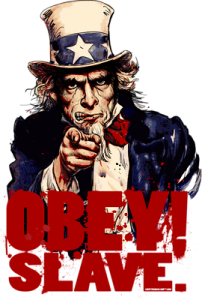
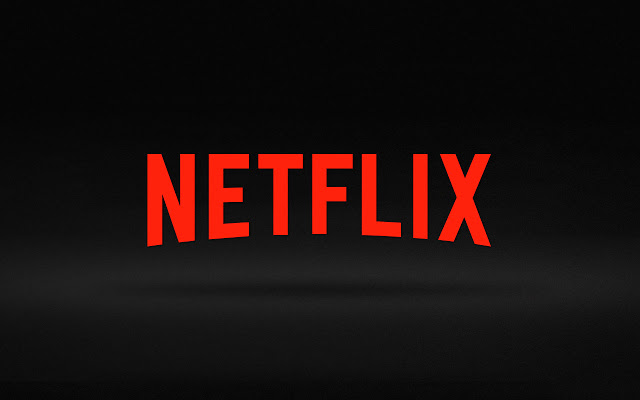
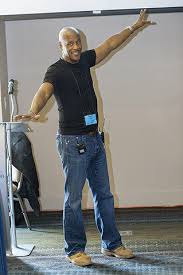
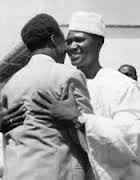
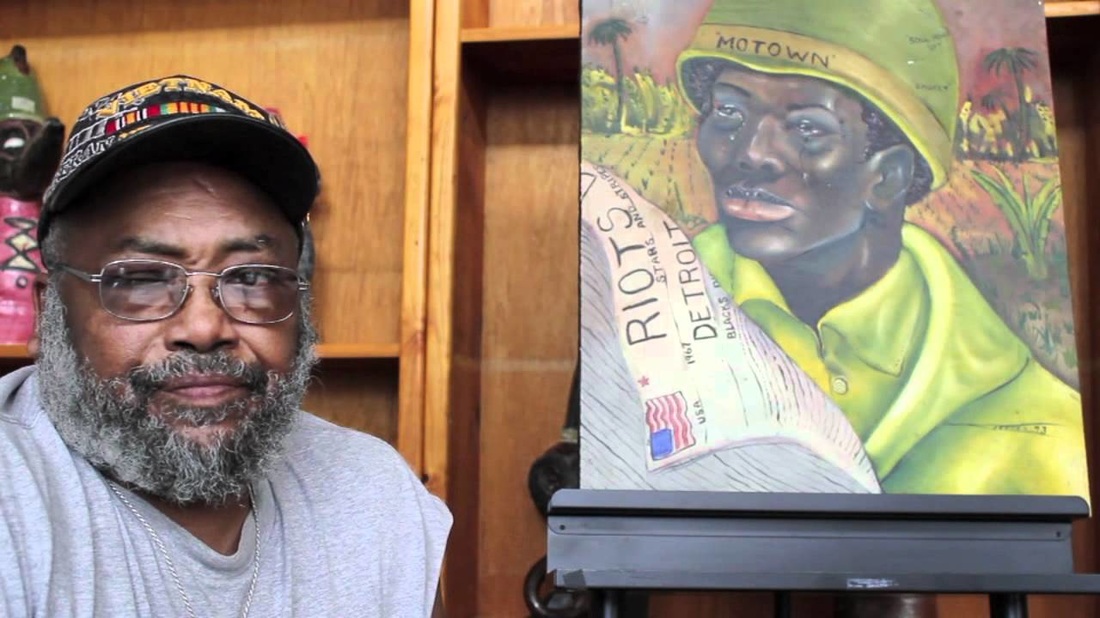

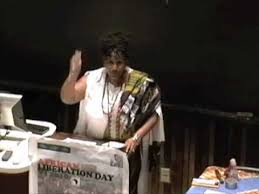
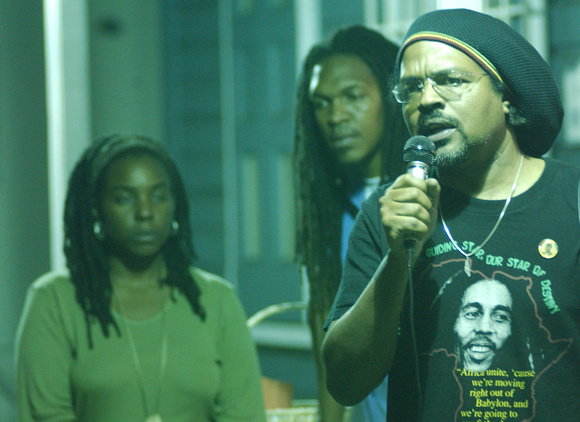
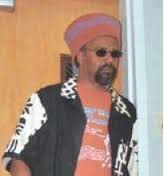
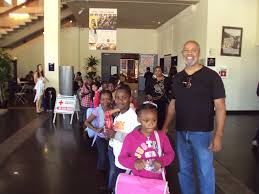
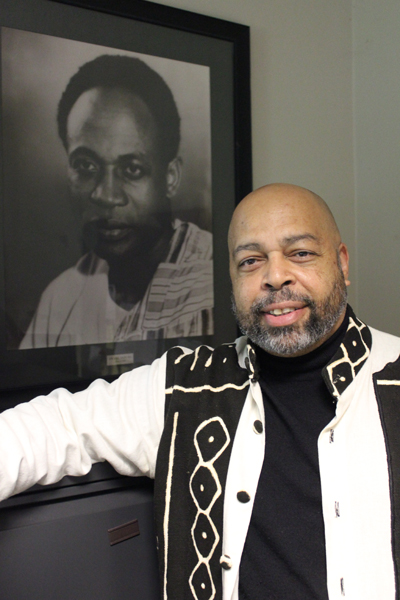

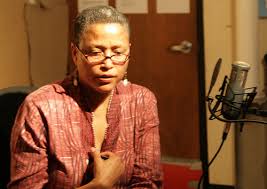
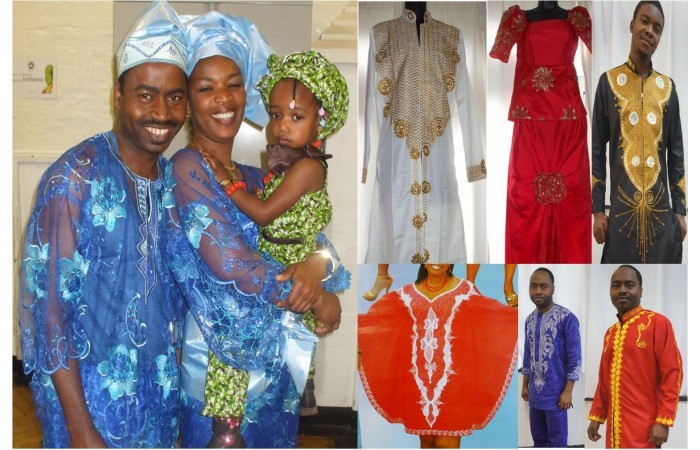
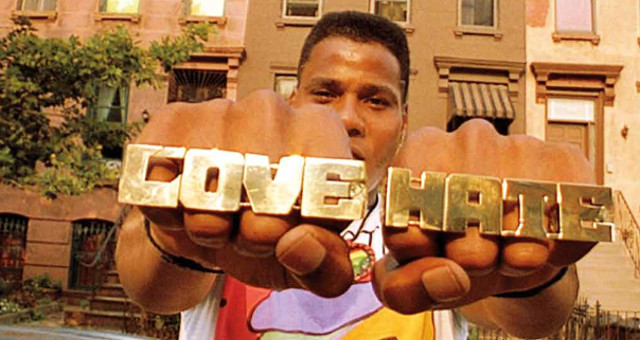
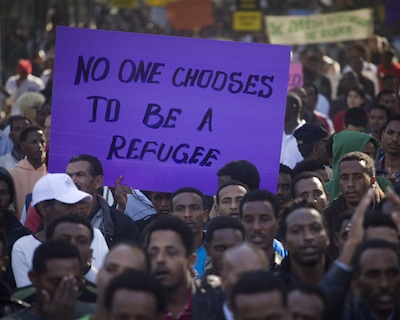

 RSS Feed
RSS Feed
